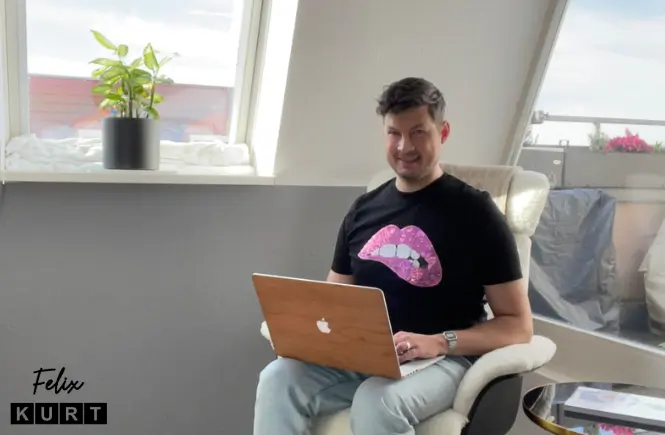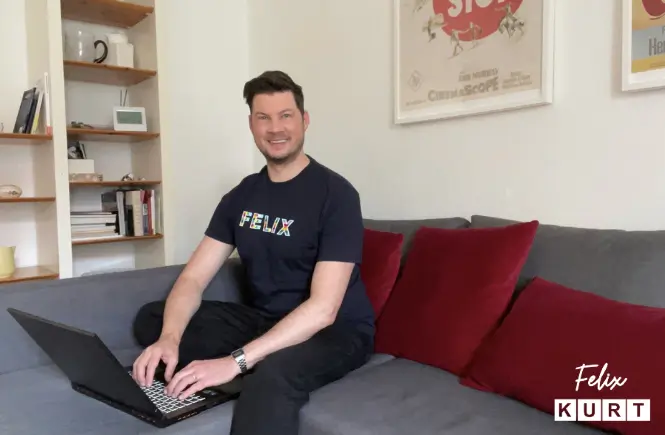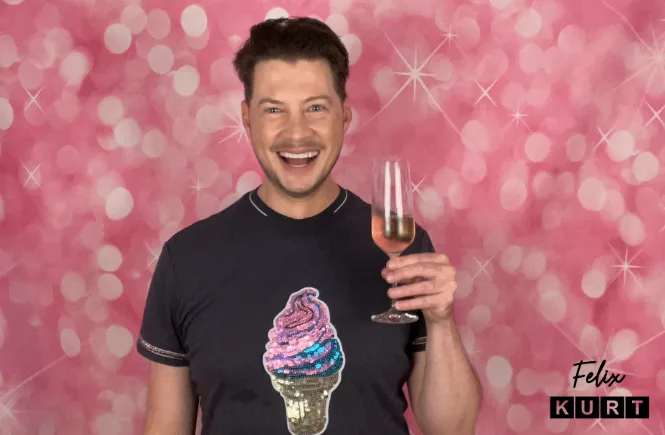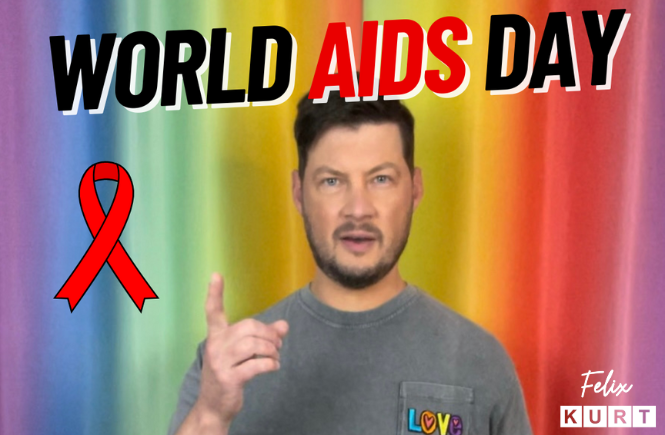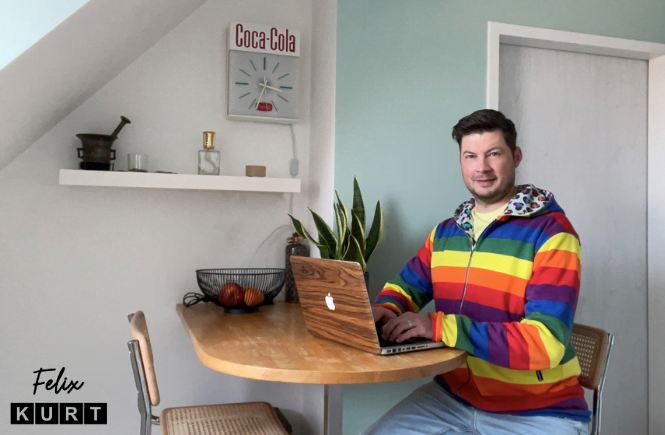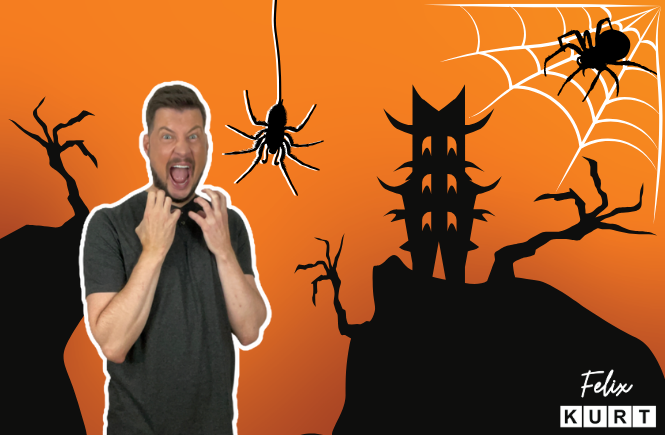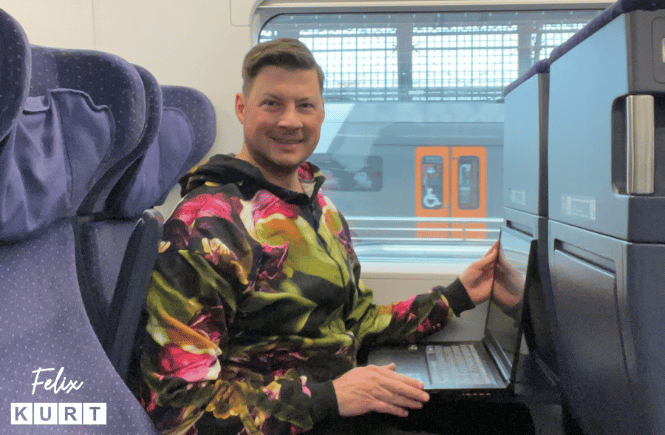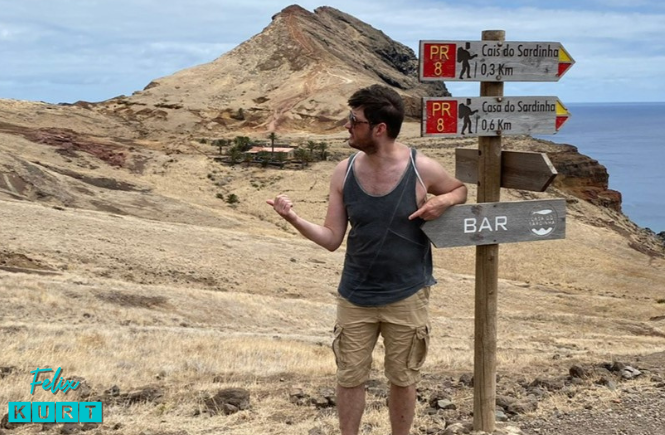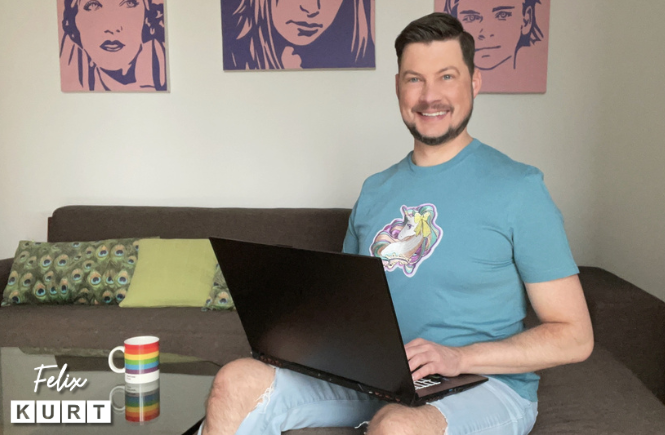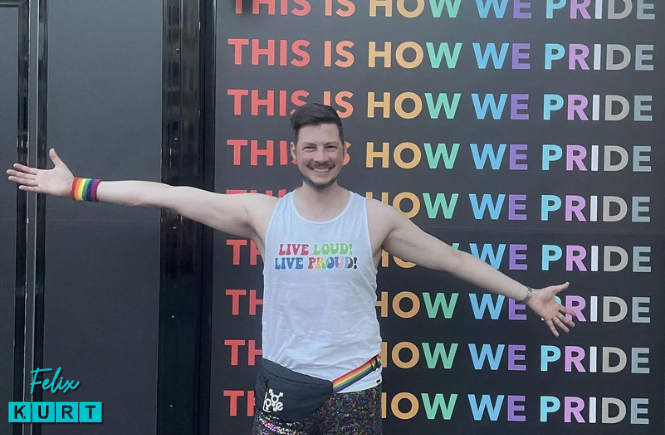Navigating the Self-Publishing World: Insights and Lessons Learned
Hey Booklovers!
When I decided to self-publish my LGBTQ YA debut, Second Chance With Tony, I knew it was going to be an adventure—but wow, has it been a ride! Self-publishing is rewarding, challenging, and full of lessons I didn’t see coming. For anyone curious about the process or thinking about taking the leap yourself, I’m here to share my insights and lessons learned.
Let’s dive into what I’ve discovered about navigating the self-publishing world, especially as a queer author writing LGBTQ YA.
What’s the First Step in Self-Publishing?
The first thing I learned? Self-publishing isn’t just writing a book—it’s running a business. You’re not just the author; you’re the publisher, marketer, and project manager too.
Here’s my advice for step one: Get organized.
• Create a timeline for your book release.
• Research the platforms you want to use (Amazon KDP, IngramSpark, etc.).
• Budget for editing, cover design, and marketing.
Planning ahead saves so much stress later on. And trust me, you’ll thank yourself when your book launch doesn’t feel like chaos!
How Do You Find an Audience for LGBTQ YA?
One of the biggest challenges I faced was figuring out how to reach readers who’d connect with my work. LGBTQ YA is a growing genre, but it’s still niche compared to other categories.
Here’s what worked for me:
• Know Your Reader: My audience is mostly teens and young adults (and plenty of adults who love YA too!) who want authentic queer stories. Knowing this helped me craft my marketing and social media content.
• Use Social Media: Platforms like Instagram, TikTok, and Twitter are great for connecting with readers and other authors. I leaned into #BookTok and #QueerYA hashtags, and the response was amazing.
• Reach Out to Reviewers: I sent my book to LGBTQ+ book bloggers and influencers. Their reviews and posts helped me find readers who are passionate about queer stories.
How Important Are Editing and Design?
Short answer: Very.
Even if you’re self-publishing, your book needs to be polished and professional. That means investing in:
1. Editing: I hired a developmental editor to help shape the story and a copyeditor to catch typos and grammar mistakes.
2. Cover Design: People do judge a book by its cover. My cover designer brought my vision to life while making sure it stood out in the YA genre.
It’s tempting to cut corners to save money, but quality is everything—especially when competing with traditionally published books.
What Are the Challenges of Self-Publishing LGBTQ YA?
As a gay male author, I’ve faced some unique challenges in this space. For one, not every platform or marketing tool is LGBTQ+-friendly. I’ve seen ads flagged for simply mentioning queer themes, and it’s frustrating to navigate that bias.
Another challenge is visibility. Queer YA books often don’t get the same shelf space or promotional push as mainstream titles. Self-publishing means working twice as hard to ensure your book reaches the readers who need it.
That said, the payoff is worth it. Seeing readers connect with my characters—feeling seen, validated, and represented—is why I write in the first place.
What Have I Learned About Staying Authentic?
One of the most important lessons I’ve learned is to stay true to my voice and my stories. As a gay person, creating queer characters is my world. These aren’t just stories I want to tell—they’re stories I have to tell.
Authenticity resonates with readers. Drawing from my real-life experiences helped make my characters and their struggles feel real. Self-publishing gave me the freedom to write unapologetically queer stories without worrying about whether a traditional publisher thought they were “marketable enough.”
Is Self-Publishing Worth It?
Absolutely. It’s not easy—it’s a steep learning curve, and it takes time, money, and energy. But self-publishing gives you complete creative control and the chance to tell your story your way. For me, that’s priceless.
If you’re thinking about self-publishing, especially in the LGBTQ YA space, go for it. The world needs more diverse stories, and your voice could be the one to inspire someone who’s been waiting to see themselves in a book.
Final Thoughts
Self-publishing is a journey, and I’m still learning as I go. But every step has been worth it, from holding my first book in my hands to hearing from readers who felt seen in my characters.
Have you ever thought about self-publishing? Or are you just curious about the process? Let me know—I’d love to hear your thoughts!
My newsletter subscribers get instant access to my Secret VIP Giveaway Page, where I share free short stories and exclusive insights into my current projects. Sign up HERE
Stay bookish and fabulous,
Felix

